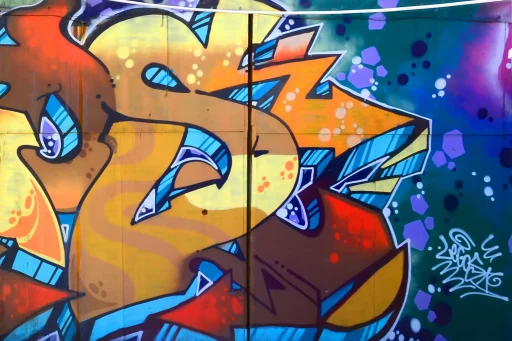Introduction
In the world of online communication, acronyms and slang terms have become an integral part of the way we interact. One such abbreviation that has surged in popularity is ‘DNI’, which stands for ‘Do Not Interact’. Understanding its meaning and context is essential for navigating online conversations, especially in social media environments.
Understanding DNI
‘DNI’ is primarily used on social media platforms like Twitter, TikTok, and Instagram. It serves as a preemptive boundary set by users to indicate that they do not wish to engage with certain individuals or groups. Typically, users include DNI in their profiles, bios, or posts to safeguard their online space.
Common Contexts for Using DNI
- Boundaries for Safety: Users may use DNI to specify groups they prefer not to engage with, such as those who exhibit harmful behaviors or ideologies.
- Personal Preferences: Some users may indicate DNI based on their interests, such as disliking specific fandoms or particular types of content.
- Social Movements: DNI is often employed in discussions about social justice, where individuals may express unwillingness to engage with people who dismiss these issues.
Examples of DNI Usage
To illustrate how DNI is used in practice, consider the following examples:
- A user might include in their bio: “DNI if you are a pro-shipper, anti-LGBTQ+, or support harmful ideologies.”
- Another person may tweet, “DNI if you don’t respect personal pronouns or are a TERF.”
- You might see a TikTok video captioned: “DNI if you haven’t watched the latest episode! No spoilers!”
Case Studies of DNI in Practice
Several users on Twitter have highlighted the impact of using DNI in their online interactions:
- User A: A mental health advocate, User A says, “I use DNI to protect myself from those who downplay mental health issues. It helps me create a supportive environment, especially for vulnerable followers.”
- User B: An activist, User B mentions, “DNI was a game-changer for me. I found my community online without the toxicity that previously overwhelmed me.”
Statistics on Online Interactions
Research shows that digital communication significantly impacts mental health and community building:
- According to a 2022 Pew Research study, approximately 45% of teenagers encounter online harassment, underscoring the need for protective measures like DNI.
- Another survey found that 60% of users felt more secure when using boundary-setting terms like DNI in their profiles.
The Growing Popularity of DNI
The rise in online harassment and the focus on mental health have contributed to the increasing use of DNI. As users become more aware of the importance of personal boundaries, terms like DNI help facilitate healthier interactions.
Conclusion
In summary, ‘DNI’ has evolved into more than just an acronym; it embodies a mindset of self-care and boundary setting in online environments. Familiarity with this term can help individuals navigate complex digital spaces while prioritizing their well-being. So, when you come across ‘DNI’, understand it as a clear signal for maintaining a positive online experience.






